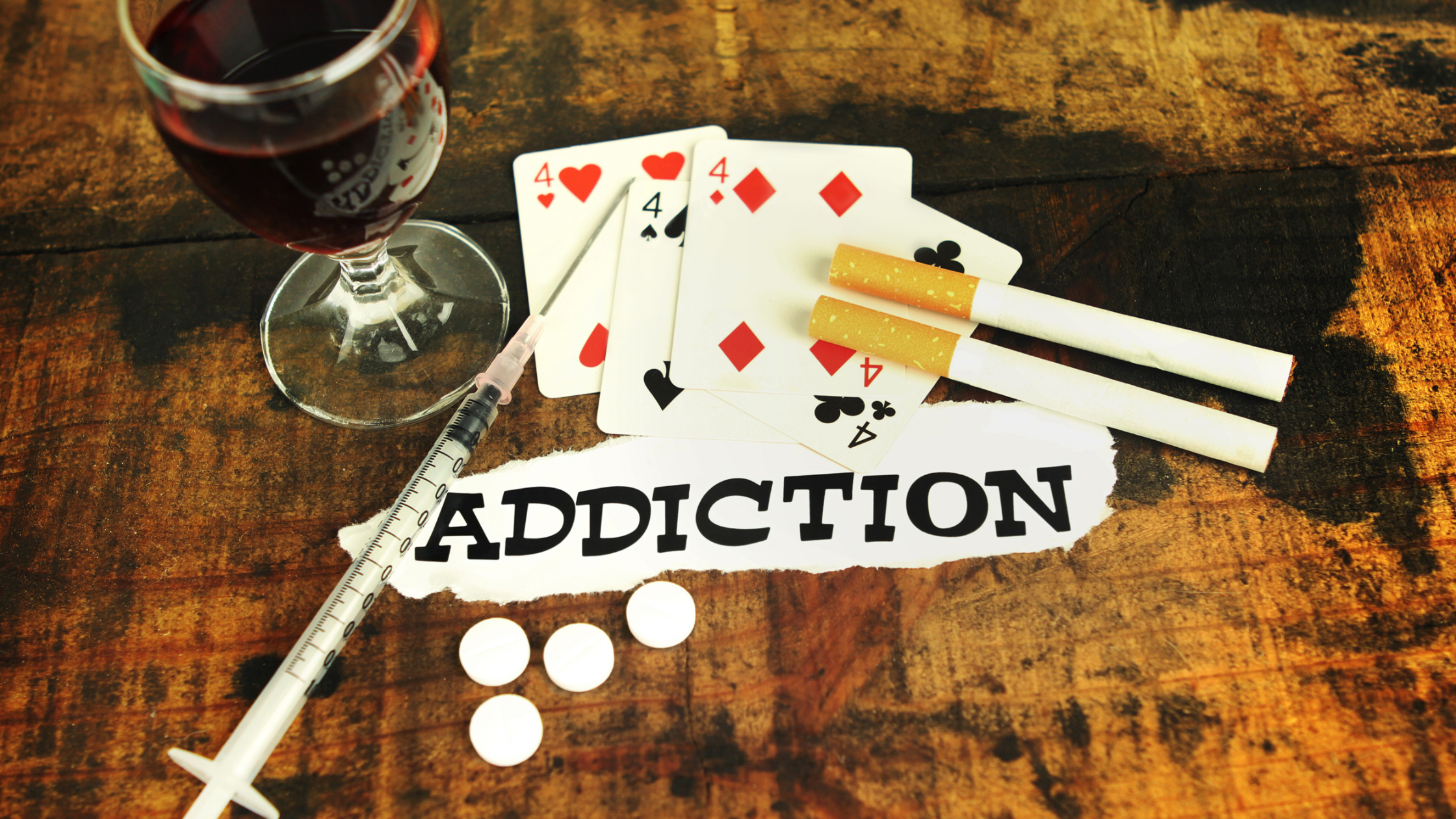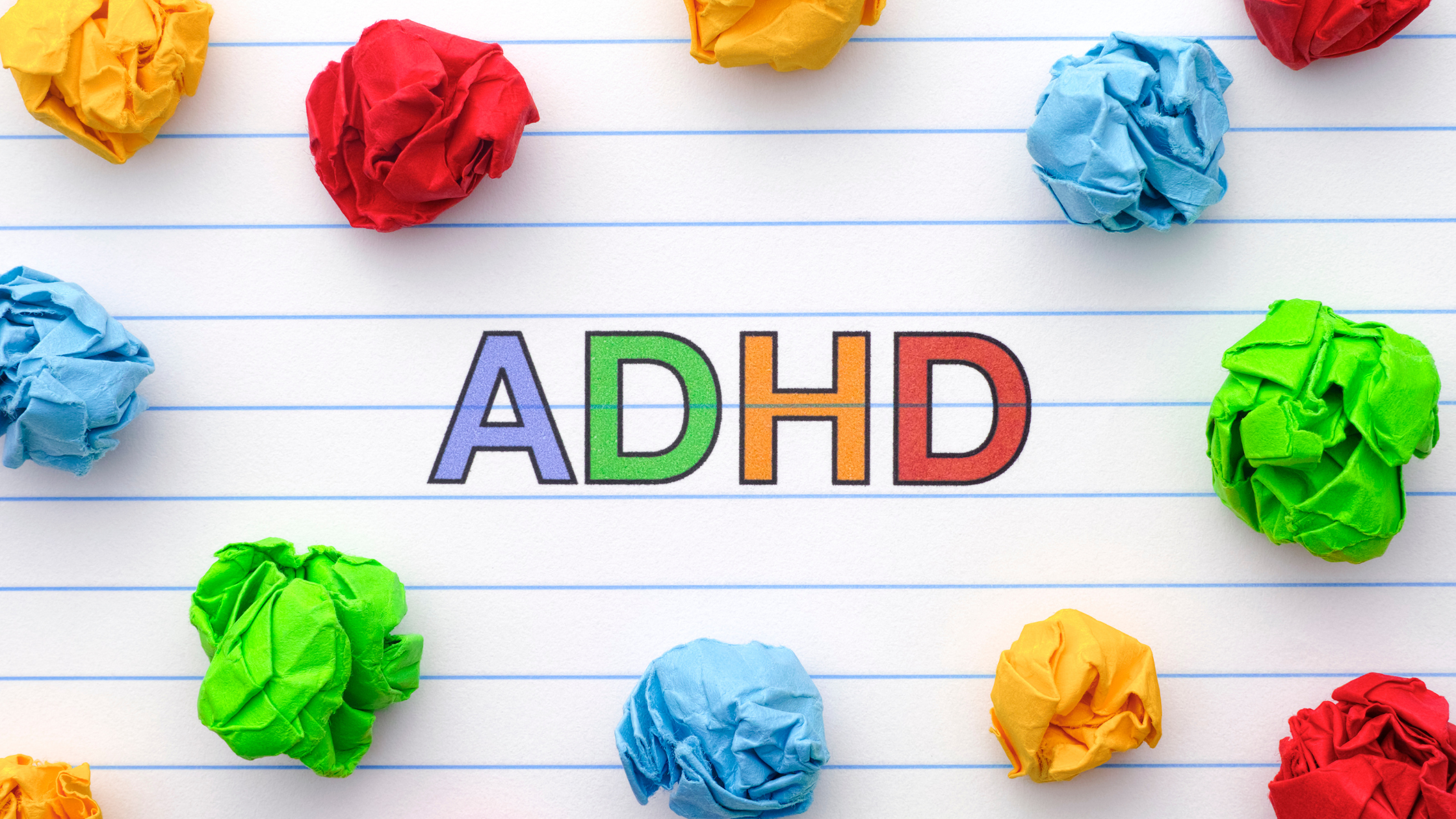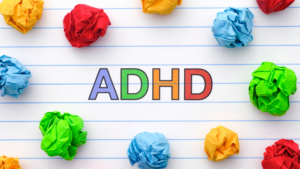Anxiety and depression are well known for their effect on mental and emotional wellness. But mental health conditions don’t just cause mental distress. They can also cause physical symptoms, including headaches, stomach pain, and muscle aches.
This type of chronic pain associated with psychological disorders is called psychogenic pain, and it can be tricky to diagnose and treat.
As a chronic pain and depression specialist, Dr. Scot DePue at Keystone Advanced Ketamine Therapy in West Lawn, Pennsylvania, is experienced in treating psychogenic pain. Below, he answers two common questions: what is psychogenic pain, and what can help treat it?
WHAT IS PSYCHOGENIC PAIN?
Not all types of pain are the same. Pain can be classified into several categories, including:
- Nociceptive pain
- Neuropathic pain
- Psychogenic pain
Nociceptive pain refers to pain caused by injury, illness, or pressure. This includes stubbed toes, pain from a laceration, or pain from a broken bone. Neuropathic pain refers to pain caused by nerve dysfunction. This includes peripheral neuropathy or pinched nerves.
Psychogenic pain, on the other hand, refers to pain caused by psychological factors, such as depression and anxiety. This type of pain isn’t caused by any clear physical ailment, but it is a very real (and sometimes debilitating) type of chronic pain.
Triggers for psychogenic pain include depression, anxiety, and fears. Depression and anxiety can exacerbate psychogenic pain, and it can manifest in many ways, particularly headaches, stomachaches, muscle aches, and back pain.
THE PROBLEM WITH PSYCHOGENIC PAIN
Although traditional painkillers work well for nociceptive or neuropathic pain, psychogenic pain typically doesn’t respond as well to traditional pain medication.
Part of this is because there is no physical ailment (such as a broken bone or pinched nerve) to diagnose or treat.
WHAT CAN HELP WITH PSYCHOGENIC PAIN?
Although traditional pain medications aren’t necessarily the go-to for psychogenic pain, there are still plenty of non-pharmaceutical pain treatments to help with psychogenic pain, such as transcutaneous electrical nerve stimulation (TENS) and ketamine therapy. Ketamine therapy is an IV therapy that delivers ketamine 一 a general anesthetic 一 directly into your bloodstream.
If depression is exacerbating your pain, ketamine therapy also has the advantage of both easing pain and helping alleviate symptoms of depression. Ketamine therapy is particularly beneficial for hard-to-treat or treatment-resistant depression.
Treating the underlying mental health conditions, such as depression, can also help address psychogenic pain by reducing the risk factors and triggers for psychological pain. Lifestyle modifications, such as practicing good sleep hygiene, eating well-balanced meals, exercising, and practicing stress management, can help support your mental wellness and ease symptoms of depression.
Chronic psychogenic pain can be overwhelming, but help is just a call or click away.
To learn more about treatment options for psychogenic pain and/or depression, book a consultation with Dr. DePue by calling our office or requesting an appointment online today.














